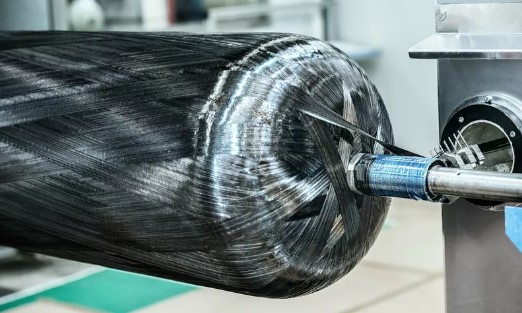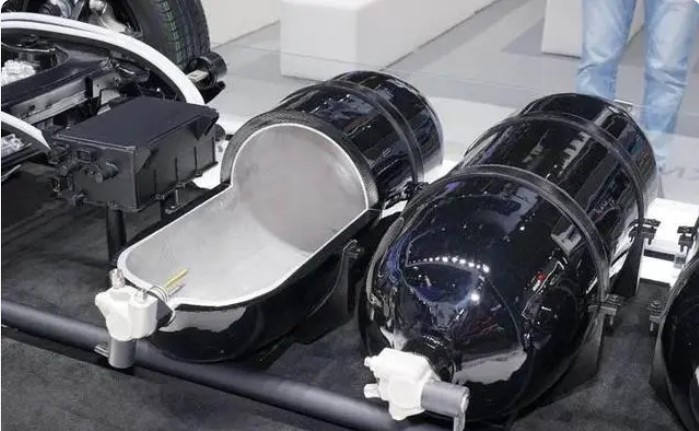As the world transitions towards cleaner energy alternatives, hydrogen emerges as a promising contender. However, efficient hydrogen storage poses significant challenges that demand innovative solutions. In this exploration, we delve into the hurdles faced by hydrogen storage and the groundbreaking solutions propelling the industry forward.
The Challenge Landscape:
A–Hydrogen’s Elusive Nature: Hydrogen’s low density makes storage challenging, requiring innovative methods to maximize its storage capacity.
B–Pressure and Temperature Variability: Achieving optimal storage conditions amidst varying pressure and temperature settings demands advanced engineering solutions.
C–Material Compatibility: Traditional storage materials face compatibility issues with hydrogen, necessitating the exploration of alternative materials that can safely and efficiently contain the gas.
Innovative Solutions:
1. Advanced Composite Materials:
Carbon fiber composite cylinders, a staple in various industries, emerge as a potential game-changer. These lightweight and robust cylinders offer a practical solution for hydrogen storage, overcoming challenges related to weight and durability.
2. Metal-Organic Frameworks (MOFs):
MOFs showcase promise in providing high surface areas and tunable structures, addressing issues related to material compatibility. These porous materials offer a customizable framework for efficient hydrogen adsorption.
3. Liquid Organic Hydrogen Carriers (LOHCs):
LOHCs present an intriguing solution by acting as a reversible hydrogen carrier. These liquid compounds effectively absorb and release hydrogen, providing a safe and energy-dense alternative.
Carbon Fiber Cylinders: A Seamless Integration
In the realm of hydrogen storage, carbon fiber cylinders emerge as a reliable and versatile solution. These cylinders, reinforced with carbon fiber composites, offer an excellent combination of durability and lightweight design. Their ability to withstand varying pressures and temperatures aligns with the demands of hydrogen storage applications.
The exceptional tensile strength of carbon fiber contributes to the robustness of these cylinders, ensuring a secure containment solution for hydrogen. Moreover, their compatibility with stringent safety standards makes them a preferred choice for industries navigating the challenges of hydrogen storage.
Looking Ahead:
The synergy between innovative hydrogen storage solutions and carbon fiber cylinders underscores a transformative era in clean energy storage. As research and development progress, these advancements promise a future where hydrogen becomes a more accessible and viable energy source.
In conclusion, the journey towards overcoming hydrogen storage challenges involves a multi-faceted approach. From exploring advanced materials like MOFs to leveraging the practicality of carbon fiber cylinders, the industry is charting new territories. As we navigate these challenges, the integration of cutting-edge solutions with tried-and-true technologies heralds a sustainable future powered by hydrogen.
Post time: Jan-02-2024


